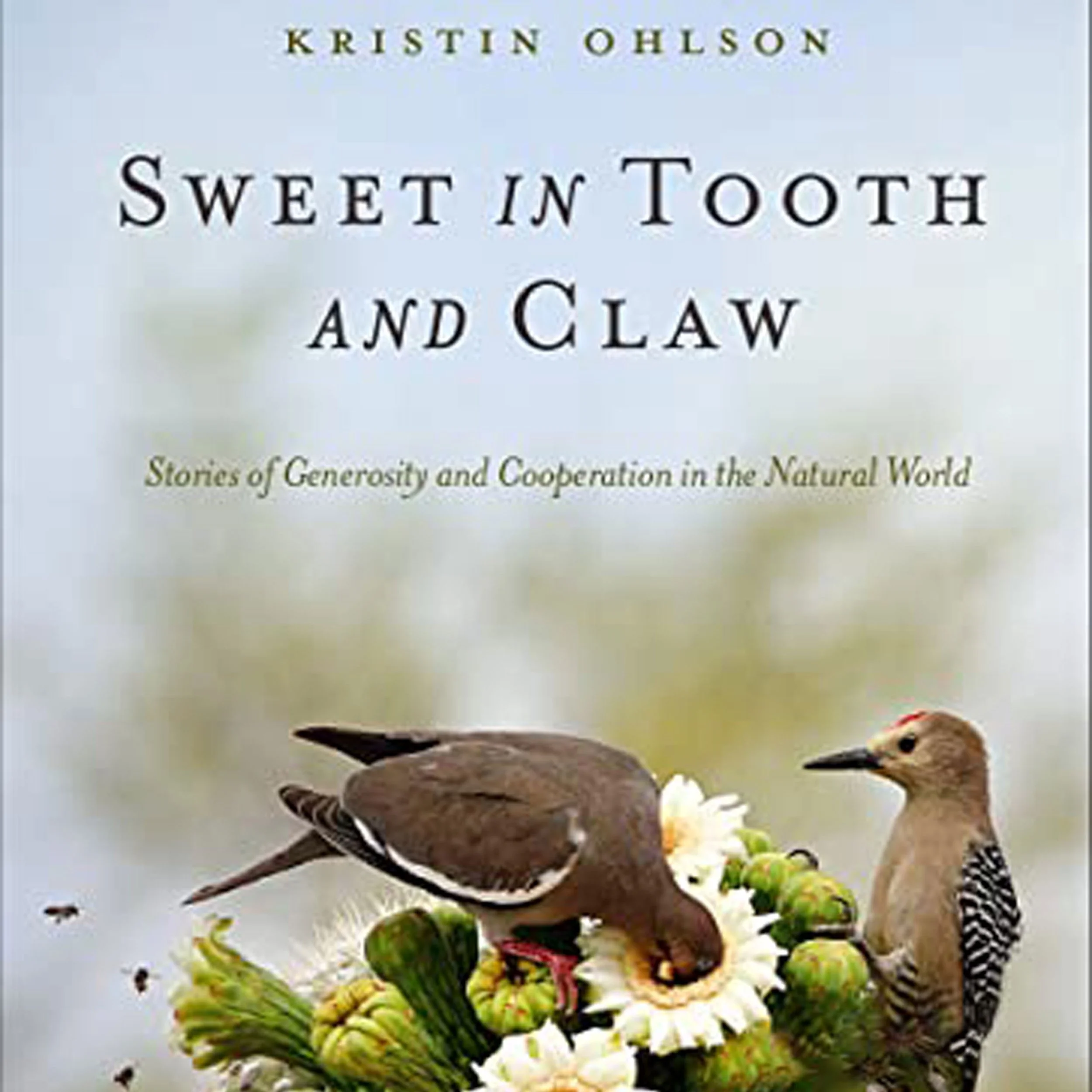Writer/Director of The Estate starring Toni Collette, Kathleen Turner, David Duchovny
The Honeymoon · Death at a Funeral · Love Wedding Repeat
"So, you have my rhythm on the page, and then David Duchovny brings his rhythm and his attributes. And then you get this sort of hopefully wonderful collaboration between writer and director and actor. The Estate is the film that I directed most recently, and that's with Toni Colette, Anna Faris, David Duchovny, Kathleen Turner, Rosemarie DeWitt, Ron Livingston, Keyla Monterroso Mejia. Some really wonderful actors and I think a very fun ensemble that we were able to do there. I had a very strange year where I got to do The Honeymoon and The Estate pretty much back to back with no break in between, which was challenging, but also amazing to be one minute in Venice with these fantastic actors. Really, I can't tell you how much I loved working with Maria and Pico and Asim and Lucas. They were all totally different people and personalities, but all fantastic in their own way. And then I jumped onto the set and had those fantastic actors to work with. So it's been quite a year, I have to say.



















